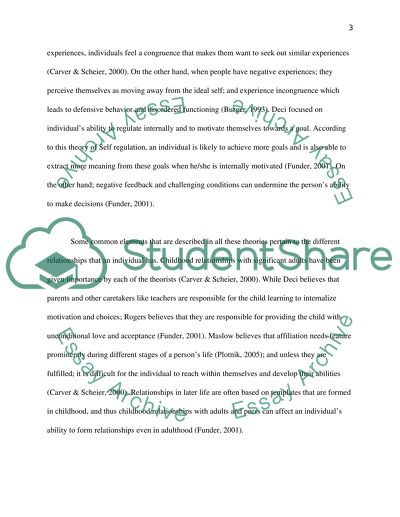Humanistic Theory: Systemic Factors Essay Example | Topics and Well Written Essays - 750 words. Retrieved from https://studentshare.org/psychology/1444719-humanistic-theory
Humanistic Theory: Systemic Factors Essay Example | Topics and Well Written Essays - 750 Words. https://studentshare.org/psychology/1444719-humanistic-theory.


